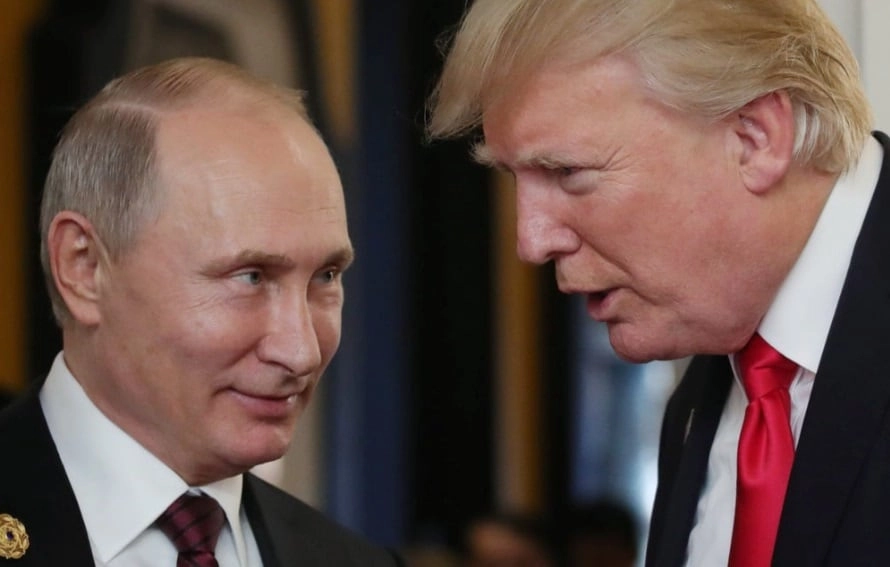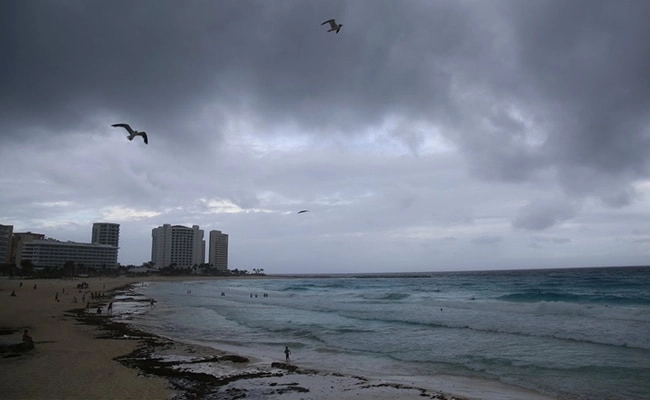In a bold statement that has captured global attention, the President of a European country has openly criticized former President Donald Trump, labeling him as “objectively a Soviet asset.” This provocative assertion raises significant questions about the nature of political allegiance and international relations in the contemporary world. The President’s remarks were likely influenced by a growing concern over foreign influence in domestic politics, particularly in the context of U.S. relations with Russia. By characterizing Trump in this manner, the European leader is not only addressing a perceived threat to democratic norms but also seeking to rally support among allies who share similar apprehensions.
The term “Soviet asset” evokes a complex historical narrative, drawing parallels to the Cold War era when the Soviet Union was seen as a primary adversary of Western democracies. In making this claim, the President appears to suggest that Trump’s policies and rhetoric align more closely with Russian interests than with those of NATO allies. This sentiment resonates with many political analysts and commentators who have scrutinized Trump’s approach to foreign policy, particularly his often ambivalent stance towards Russia. The implications of such a label are profound, as it challenges the legitimacy of Trump’s influence and raises alarm bells about the stability of alliances that have defined global politics for decades.
Furthermore, this confrontation highlights the polarized political landscape not only within the United States but also across Europe. Many leaders are grappling with the repercussions of Trump’s presidency, particularly in light of his unorthodox style and controversial decisions. As the current political climate evolves, the President’s remarks may serve as a rallying cry for others who feel that Trump’s influence poses a direct threat to democratic values and international cooperation. The discourse surrounding Trump’s legacy continues to evolve, and this latest criticism illustrates the complexities of navigating political relationships in a world increasingly characterized by division and ideological battles.
In conclusion, the European President’s characterization of Trump as “objectively a Soviet asset” is more than just a personal indictment; it is a reflection of broader concerns regarding the integrity of democratic institutions in the face of foreign influence. As nations grapple with the implications of Trump’s policies and the potential resurgence of authoritarianism, such statements may catalyze a renewed commitment to safeguarding democracy. The future of international relations depends on the ability of leaders to confront these challenges head-on, fostering unity among allies while countering the forces that seek to undermine the foundations of democratic governance.




